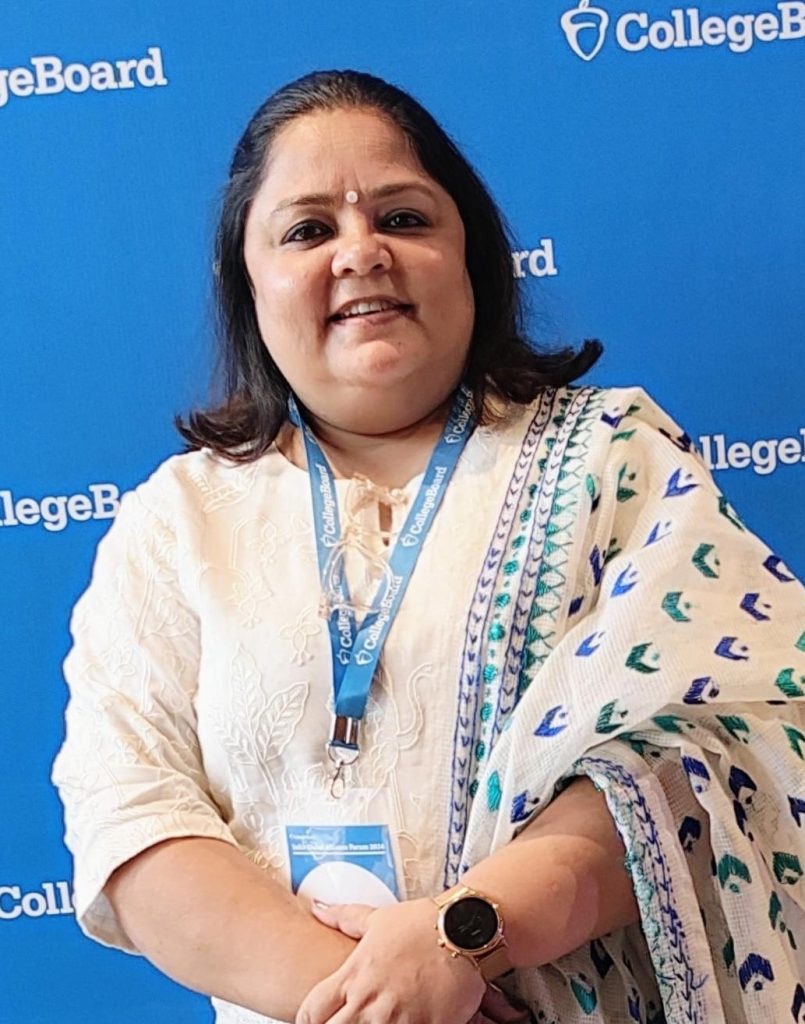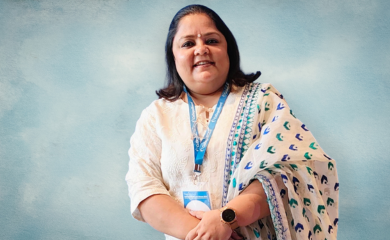Changing trends in the admissions process and the role of school leaders and counsellors in guiding students
By Dr Kshitiza Singh, Career & College Counsellor, Welham Girls’ School
The college admission process in India has shifted significantly from being primarily merit-based to becoming increasingly competitive. Where grades were once the sole factor for admission, especially in undergraduate programmes, the focus has now expanded to a more holistic evaluation. Colleges and universities now seek well-rounded applicants who demonstrate a blend of skills and academic achievements. This shift has made the role of college counsellors in schools far more prominent.

Beyond Grades
Today’s students not only work hard academically but also strive to develop diverse skills that enhance their holistic profiles, making them more appealing candidates. Guidance from a school counsellor is crucial in supporting these activities. However, it can be challenging for counsellors to provide students with relevant opportunities and support.
Ticking off the Boxes
Students often choose universities with robust international collaborations, dual-degree offerings, exchange programs, or global internships. Such institutions appeal to students interested in gaining international exposure without having to study abroad, often due to personal or financial reasons. Interestingly, some students find it easier to secure admission internationally than at domestic universities. This shift may be due to the widespread implementation of competitive exams across Indian institutions.
Scores that Matter
The acceptance of standardised test scores has also made a significant impact on the admission trends in the Indian higher education system. I remember a student who could not go to her dream university, but since she had an excellent SAT score, she applied to a private university and was accepted based on her score. This ease of acceptance of international assessments is also a helpful advantage for career counsellors, as it allows them to assist students in making last-minute changes to their plans.
Options Aplenty
A major advantage of the Indian education system today is the wide variety of course options available to students, ranging from Environmental Studies and Creative Arts to Data Science, Artificial Intelligence and Engineering. This diversity is exciting but can also be overwhelming for students trying to decide on a future path. Previously, students were drawn to study abroad for access to a broader range of subjects. However, with Indian institutions now offering such diverse options, students and parents increasingly view studying in India as a more comfortable and affordable choice.
New Crop of Universities
The rise of high-quality private universities has also transformed Indian higher education. These institutions are collaborative, competitive and offer opportunities comparable to those of many international universities. Their pedagogy and focus on global exposure are on par with those of institutions abroad.
Digital Route
Digital admissions processes have further transformed admission trends. In the past, students were limited by traditional, paper-based application systems. Today, students can apply and complete the entire admission process digitally, which is a significant advancement that many Indian institutions are adopting.
Considering all these factors, the role of school leadership and counsellors has expanded tremendously. With countless opportunities and programmes available, students often feel overwhelmed and require extensive guidance. School counsellors play an essential role in helping students build profiles, select appropriate courses, and choose the right universities.





